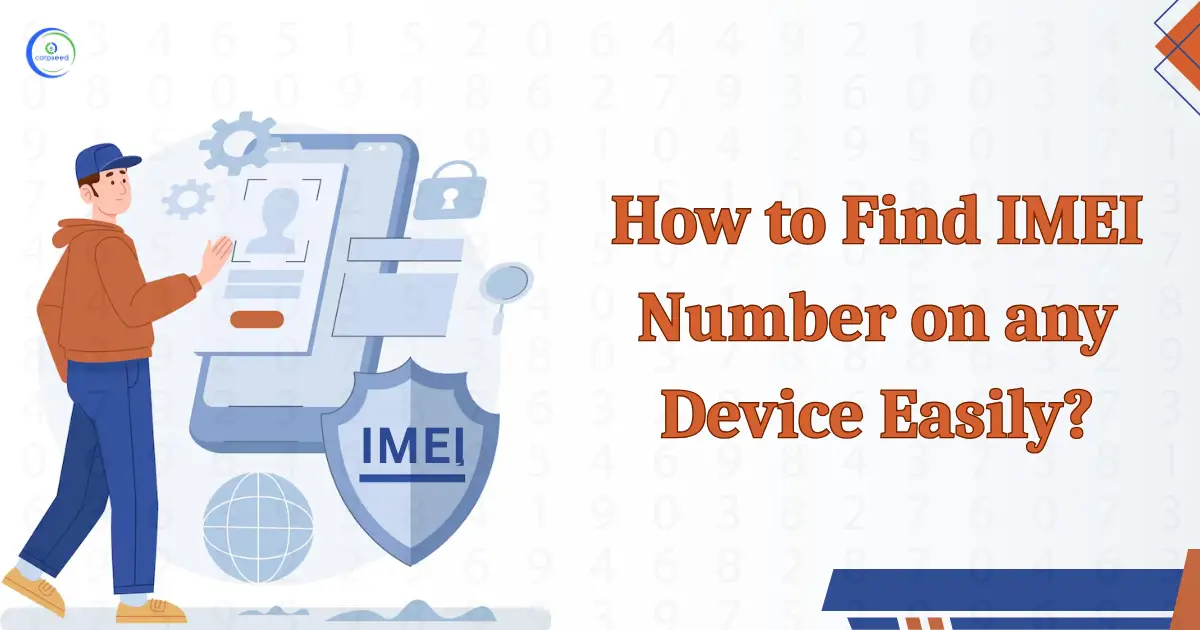Introduction: Bureau of Indian Standards
It was felt appropriate to confer a statutory status on the functioning of the ISI in the mid-1980s, leading to the enactment of the BIS Act 1986. In order to facilitate the harmonious production of standardization and quality certification of products with clearly specified statutory powers, the ISI has been renamed the Bureau of Indian Standards (BIS). The Act has now been amended as the 2016 BIS Act and defines the National Standards Body as the BIS.
Table of Contents
--------------Blog Contact Form-------------
The Bureau of Indian Standards (BIS) is the National Standards Body of India operating under the Ministry of Affairs of Consumer, Food & Public Distribution, and the Government of India. It was established by the Bureau of Indian Standards Act, 1986, and came into operation on 23 December 1986. The Minister in charge of the Department or Department responsible for managing the BIS is the President of the BIS in his or her capacity.
The FSSAI has set specific guidelines for food safety research. The Research and Development Unit is responsible for research for the following purposes:
- Produce new information that will help to continuously update and improve food security standards in line with international organizations
- Conduct evidence-based studies in order to develop policies.
The organization was formerly the Indian Standards Institution (ISI), established under the auspices of the Department of Industry and Resources No. 1 Std. (4) / 45, and dated 3 September 1946. ISI was registered under the Civil Registration Act, of 1860.
BIS in India
BIS in India is allowed by the 2016 BIS Act, Rules and Regulations, to conduct compliance evaluations of goods, facilities, systems, and processes. Under the product certification scheme-I, BIS grants a license to use the standard mark or certificate of conformity as issued in the BIS (Conformity Assessment) Regulations, 2018, in compliance with conformity assessment schemes. Conformity assessment schemes are set out in the 2018 BIS (Conformity Assessment) Regulations, which are based on IS/ISO/IEC 17067: 2013 principles.
BIS's Product Certification Schemes seek to provide the consumer with third-party verification of the consistency, protection and durability of goods. An assurance of compliance with the requirements is the appearance of the BIS certification mark, known as the Standard Mark, on a product. After establishing its compliance with the Standard, the manufacturer is allowed to self-certify the approved goods. The Bureau keeps a close eye on the quality of certified products through its surveillance operations. Conformity is maintained by frequent monitoring of the output of the licensee through surprise inspections and testing of all market/factory samples.
The new Bureau of Indian Standards (BIS) Act 2016 promulgated on 22 March 2016, has come into effect on 12 October 2017. The Act establishes the Bureau of Indian Standards (BIS) as the National Standards Body of India.
Schemes
The BIS in India issues certificates for products under different types of schemes as follows:
Normal procedure for domestic manufacturers: The applicant is required to apply for a BIS Certificate with the required documents and the required fees. Upon application, the first inspection of the industry is conducted by a BIS officer. The samples were then tested at the factory and drawn for independent testing. Issuance of a BIS certificate if the sample is accepted. In this way, the BIS certificate is expected to be issued within 4 months of the application.
Simplified process for domestic manufacturers: In a simplified process, the applicant submits a sample test report from the BIS board and the BIS certificate application. If the inspection report is satisfactory, verification of the factory premises is done by the BIS Officer. A BIS certificate is issued if the BIS Officer certification is satisfactory. Under this method, a license is expected to be issued within 30 days of applying for a BIS Certificate for import with the required documents and inspection report.
Tatkal Scheme: Manufacturers who require a standard BIS mark as per Government notice may obtain a BIS license under the Tatkal scheme. Under the Tatkal system, the application is processed within the strictest periods and the total processing time is defined as 30 days. In addition, an application received under the Tatkal Scheme will be considered for the importance of following strict time terms.
ECO Mark Scheme: BIS license for friendly products is provided by a different scheme from the standard BIS Certification process. Eco-compliant products must comply with the additional requirements set out in India Standards to be eligible for the ECO mark. The licensing process is however similar to that of the domestic producer's program.
Foreign Manufacturer Certification Scheme: Overseas applicants / foreign manufacturers are licensed to use the ISI symbol under a specially designed system within six months.
BIS Certification for Imports
Imports of all products referred to in Appendix III to Schedule I of the ITC (HS) Export and Import Items Classifications shall be subject to accordance with the mandatory Indian Quality Requirements, which shall also apply to domestic goods. All manufacturers/exporters of such goods to India are required to register themselves with the Bureau of Indian Standards to comply with this requirement (BIS). BIS certification for the import of such goods is mandatory.
Alternatively, the BIS Product Certification Scheme for Indian Importers would allow certification of products under mandatory Indian quality standards, provided that all of the following requirements are met:
- Articles are required for captive consumption, and
- Products are demanded on an ongoing basis, and
- Objects are derived from sources pre-identified.
For each of the notified goods to be imported, the Indian importers will have to apply to the BIS for a permit. Once it had satisfied itself that all of the above requirements were met and that the applicant importer had constructed the test facilities, BIS would record the submission. The Customs may clear the consignment, which will be checked by the BIS, and the license issued if the product complies with the relevant Indian norm, on the basis of the recording of the application. After checking the commodity for compliance with the Indian Standard, the importer can use the material only after granting the permit for the first lot thus imported and for subsequent imports.
The conditions laid down above shall not apply to the importation of gifts where the receiver of the gift is a charitable, religious, or educational organization registered in accordance with the law relating to the registration of companies or trusts or otherwise permitted by the central or state government and the gift sought to be imported has been exempted from payment of customs duties by the Ministry of Finance.
Notwithstanding the provisions of Appendix III to Schedule 1 of the ITC (HS) Classifications of export and import products, the importation of cylinders and the importation of valves shall be exempted from the conditions set out.
BIS Consulting
People have a hard time following the procedures and guidelines for the BIS certification. Oftentimes, they don’t know whether they need BIS Certificate or not. BIS certificate for mandatory products is a big deal and one doesn’t want to compromise not having a BIS certificate when it is necessary. For all this purpose, whether one needs it or not, and if needed, how to further pursue obtaining the certificate, BIS Consulting comes in handy. Consulting about the functions and guidelines and procedures of the Bureau of Indian Standards. BIS Consultant is the need of the hour for companies engaged in manufacturing products and finding their way up in the market. BIS in India is the body responsible for product certification.
Procedure for BIS
The BIS verification process is always inclusive of:
- Application
- Product testing in India
- Certificate
- Marking
Depending on the type of certificate and what products are involved, industry testing and compliance testing may also be required. If industry inspections are required, auditors will select test samples during the audit, thus extending the certification process within a few months. You can also find products where audits are required on our BIS certification process page.
The certificate is valid for two years, but the frequency of subsequent testing depends on the type of product. Product segregation can be difficult and should be better evaluated individually.
Bottom-line
BIS certification is a sign of quality for the public in general and for many products these are necessary as well. It is the way the Government says that the product is reliable and is up to the standards that the government has set. Since new products are regularly included in the BIS catalogue, it makes sense to specify the certification requirements for each product and the authorities. In some cases, there is even a difference where you register your product because, in the meantime, the standards change so quickly, that each official is not always up to date. It shall be noted that in most products a qualified manufacturer must have his or her own internal product testing facilities to obtain a BIS certificate for import in India.
This portion of the site is for informational purposes only. The content is not legal advice. The statements and opinions are the expression of author, not corpseed, and have not been evaluated by corpseed for accuracy, completeness, or changes in the law.
BOOK A FREE CONSULTATION
Get help from an experienced legal adviser. Schedule your consultation at a time that works for you and it's absolutely FREE.









